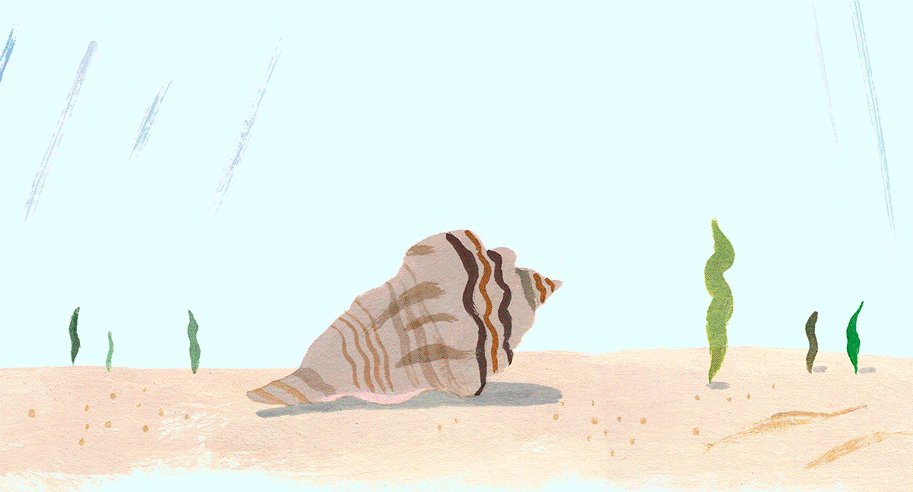At 44, I made my last attempt to get pregnant, on my own
I was 44 that summer three years ago, the crossroads of midlife, at which point I finally decided after much trepidation that I would try to have a child on my own. I would be a single mother by choice, but it really wasn’t a choice at all. It was a consolation after failed love and heartbreak, it was the kiss at 11:59 on New Year’s Eve, it was the last chance I had at having a baby of my own.
I knew two women, both in their 40s and in my writing class, who had done it. There must be a link between loneliness and writing, I thought. One of the women, with a toddler, lived close by, and the other had twins by herself. They did it, I thought, so perhaps I could too.

Still, I was terrified — the needles alone almost did me in. Injecting Lupron twice a day felt like self-injecting quills into my thighs and buttocks. Then I had to add the medication Gonal-F and doses of estrogen, begging friends to help with the final trigger shot on nights before the procedure. Like a dress I couldn’t button, the angle of the horse needle was as awkward and as hard to reach as the pregnancy. Still, I devoted myself to the fertility treatments.
I knew I would be a great mother. I knew this in my bones. I wasn’t a particularly talented girlfriend, sort of clumsy in that department, but with children, I was a superstar. I could make the shiest ones come out of their shell, the introverts roar with laughter and the ones who hate adults my best friend. I always could. They used to make fun of me at summer camp, saying that I would rather be with the kids than hang out with the cool teenagers. Maybe they were right.
As an elementary school teacher, I thought it cruel to still be working closely with young children and not have one (or two) of my own. I was always running into other teachers with protruding stomachs and young mothers comparing bedtime rituals and birthday party planning. I was surrounded by kid talk all day but left out entirely of the conversations.
That year, my entire spring was filled with hope. Among the blooming flowers and humming of birds I came close to pregnancy, but I never conceived. I got to the clinic before 7 a.m. on monitoring days. I made sure to wear loose clothing so the ultrasounds could go quickly. I did everything to the letter: I gave up sushi and coffee, I didn’t have a sip of alcohol, I didn’t even lift my Amazon packages for fear of strain, but still no baby. My summer was devoted to trying to conceive. I forewent the beach and weekend trips for fertility procedures. I worked real estate to help fund the costs.
By fall I had tried five times and exhausted the possibilities. I tried one last time, and somehow a miracle happened. I was 44 and pregnant. I felt a tingle in my body and rubbed my tummy as if to hear a murmur. I was energized and had never felt so normal in my life. All my fears dissipated. I would have the strength of two parents. I would hold my baby up. I would teach him to ride a bike and how to be kind but still tough.
I got the call at work. The same warm nurses who had screamed for joy to tell me I was pregnant now called in a more somber tone. The pregnancy lasted less than a week. Then the microscopic traces of human life blended into my body and washed away. Like a cleanse I did not want to partake in, I never was whole after that. After coming so close to motherhood I didn’t know how to move forward. I met with my doctor to discuss, and he too cried when I told him all I had been through. All I had lost. He too was saddened that I had endured this alone.
“You can produce the eggs, but for some reason they won’t stay,” he said, obviously frustrated on my behalf. Maybe I could still try. Day in, day out, more needles, more pinpricks. I became stronger each time, even learning how to take the thick needle and press it firmly into my buttocks at the exact moment necessary for conception. I was doing everything alone and was fine with it.
But eventually I wasn’t. I couldn’t take it anymore. No more needles. No more letdowns. No more fighting the impossible. I still had all the hormones in my house. Some dry and in boxes, others needing to stay cool and placed on the bottom shelf of my refrigerator next to the Bonbel cheese. For three years the hormones sat there. I couldn’t throw them away. It felt as if by dumping them, I would be admitting that they did not work — I did not work.
At 47 I decided it was time. I reached into my fridge and grabbed the sealed boxes one last time — the swabs, the alcohol, the hormones sealed tight, the red plastic bin to dispose of the needles. I grabbed them all and walked. I walked the same path I used to on those early appointment mornings, and I returned all the boxes to the clinic. Someone can use these, I thought. They can still give life.
After that I kept walking. I meandered through a nearby park; I wandered streets. With every step, my load felt lighter, and I began to breathe more easily. I would have to make a new life of my own somehow. Hopefully now, there was finally room.
Read more from Yahoo Lifestyle:
Follow us on Instagram, Facebook, and Twitter for nonstop inspiration delivered fresh to your feed, every day.
